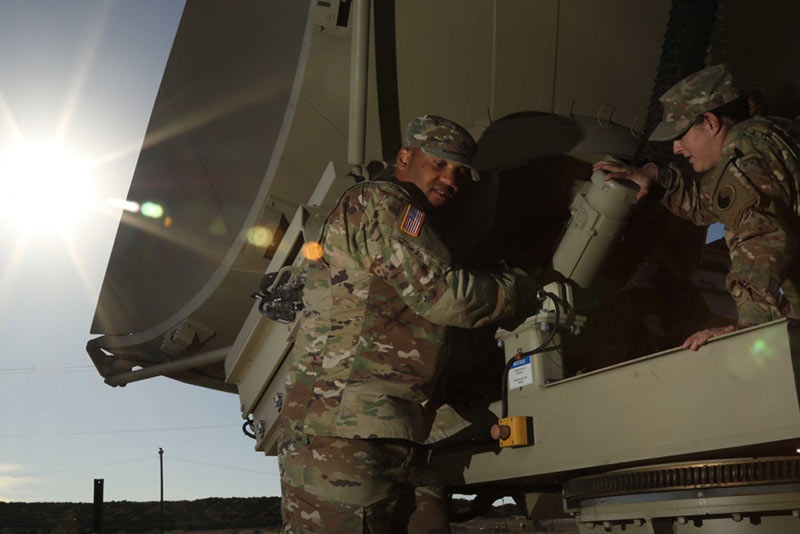Impact of Coaching

Coaching is one of the most important ways that leaders ensure their subordinates know how to perform specific skills. Read more about the impact of coaching in the interaction below.
The Soldier or Army civilian benefits from coaching in the following ways:
- Helps to build mutually cooperative relationships between the coach and the individual.
- Helps the individual adjust to a new job or skill and allows him or her to learn more skills.
- Helps eliminate or reduce mistakes, which in many cases results in improved safety not only for the individual but for others in the unit.
- Leads to increased proficiency, which leads to time savings for the individual as well as the unit.
- Prepares the individual to take on more responsibility within the unit.
The coach benefits from coaching others in the following ways:
- Provides a sense of satisfaction from helping others to grow and develop.
- Helps develop other leaders faster, which can help the coach reach his or her goals quicker as well as help the unit’s overall goals and mission.
- Helps eliminate or reduce catastrophic errors and mistakes, which helps improve the overall performance of the unit and improves safety.
- Develops a closer bond with those you spend time coaching and this builds camaraderie within the unit.
The Army benefits from effective coaching in the following ways:
- It is an investment in the individuals in the organization. This can play a vital role in their decision to remain in the Army.
- It helps develop and integrate Soldiers and civilians into the organization faster than situations where coaching does not take place.
- It helps maintain unit performance at a consistently high level, avoiding the fluctuations in performance seen in cases where effective coaching does not take place.